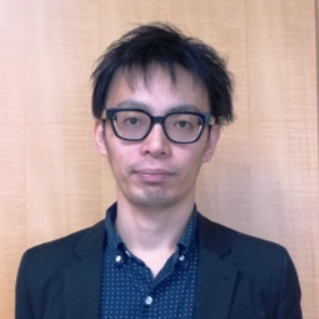Voices from the Sylff Community
Aug 25, 2011
Elections and Political Order: A Cross-National Analysis of Electoral Violence
Since the collapse of the Berlin Wall and the fall of the Eastern bloc, the international community has actively pushed for competitive elections in developing countries. This has led to the rapid proliferation of countries with "democratic systems" in the sense that the holders of public office are filled by means of regular public elections; indeed, by this definition, there are more democracies today than at any other time in history.
Underlying the push for elections were two optimistic beliefs: that they would reduce civil strife by providing a means for peaceful resolution of conflicts within a society, and that they would improve the quality of government by giving citizens the opportunity to replace unsatisfactory leaders. As elections have proliferated, however, these sanguine assumptions have being challenged by harsh reality.
Unintended Consequences
The spread of elections around the world has been accompanied two unintended consequences. First, elections have triggered violent clashes throughout the developing world. A case in point is Kenya, where the December 2007 presidential election was followed by ethnic violence between supporters of the incumbent and his challenger, resulting in 1,000–1,500 deaths. In Burundi, one of the world's most ethnically divided countries, a democratic presidential election was held for the first time in 1993, and it led to a bloody civil war that ultimately claimed at least 300,000 lives. In Asia as well, post-election violence has frequently disrupted the political order in India and Sri Lanka. (read more)
